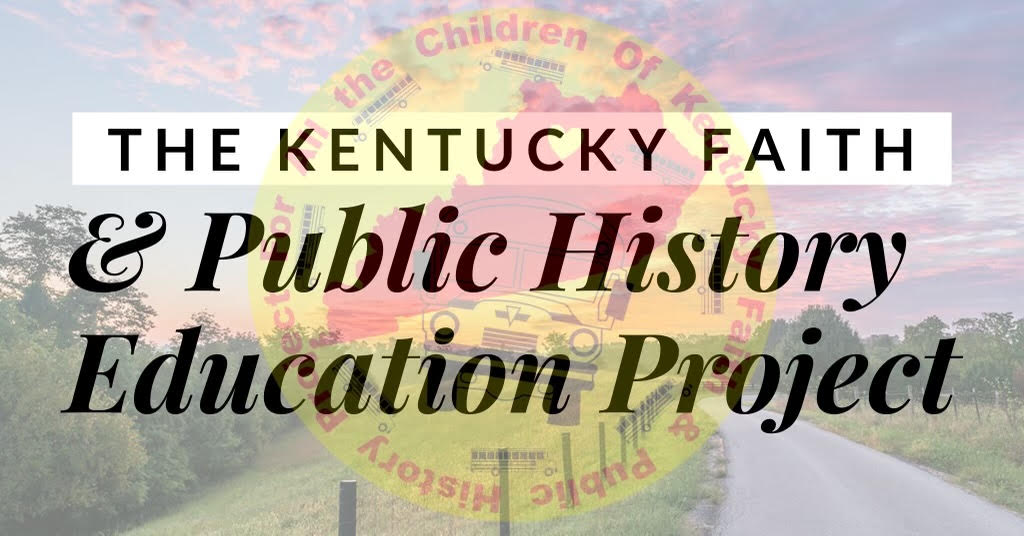By Lesley Barker When teaching the Christian history of Kentucky to public school students, it is important to note that Christianity has not always been a positive experience here. Its earliest representation was anything but full of love and mercy. Students should understand that Christianity is a religion whose adherents are regular people who default, as we all do to some extent, to behaviors that tend to be self-serving. Since the first century of the Christian era throughout the world, great atrocities have been perpetrated in the name of the Christian God by people who use Christianity to sanitize their personal or national ambition and avarice. This does not discredit or endorse the Christian religion or its message. Severn’s Valley Baptist Church in Elizabethtown may be the oldest church to have been established in Kentucky but these worshippers were not the first Christians to pass through Kentucky. Severn’s Valley Baptist Church met for the first time on June 18, 1781
